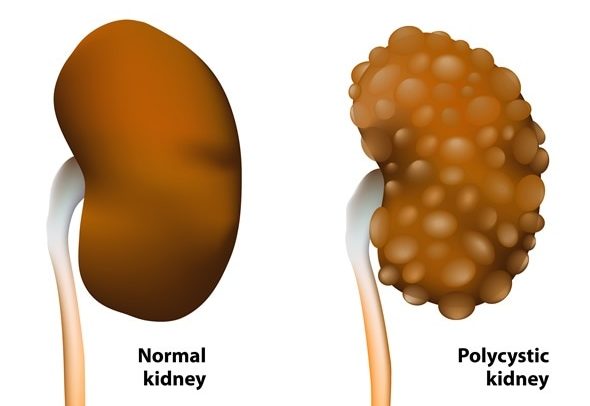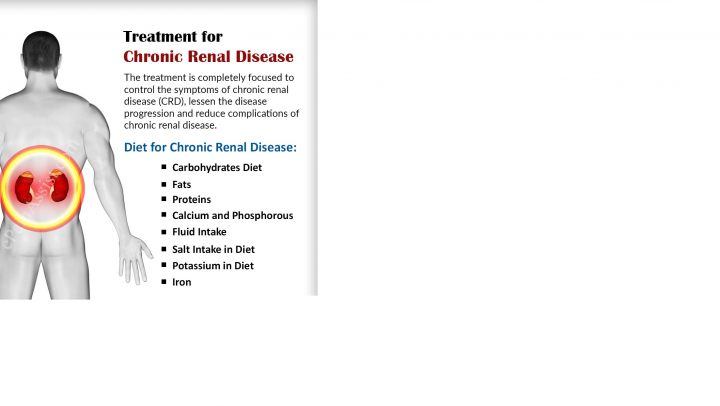[vc_row][vc_column][vc_column_text]
Kidney failure, its stages Ayurvedic Treatment.
STAGES OF KIDNEY FAILURE
With chronic kidney disease, the kidneys don’t usually fail all at once. Instead, kidney disease often progresses slowly over a period of years.
The National Kidney Foundation (NKF) created a guideline to help doctors identify each level of kidney disease. The NKF divided kidney disease into five stages.
Where you are placed into CKD stage 3 or higher, it usually depends on an estimate of kidney function.
Glomerular Filtration Rate (GFR)
Glomerular filtration rate (GFR) is the best measure of kidney function. A math formula using the person’s age, race, gender, and serum creatinine is used to calculate a GFR. A doctor will order a blood test to measure the serum creatinine level. As kidney function slows, blood levels of creatinine rise.
Even with a normal GFR, you may be at increased risk for developing CKD if you have diabetes, high blood pressure, or a family history of kidney disease. The risk increases with age: People over 65 are more than twice as likely to develop CKD as people between the ages of 45 and 65.
Stage of Chronic Kidney Disease
eGFR
(estimated Glomerular Filtration Rate) ml/min/1.73 m
Stage 1: the eGFR shows normal kidney function but you are already known to have some kidney damage or disease. For example, you may have some protein or blood in your urine, an abnormality of your kidney, kidney inflammation, etc. The goals of treatment are to slow the progression of CKD and reduce the risk of heart and blood vessel disease.
90 or more
Stage 2: Mildly reduced kidney function AND you are already known to have some kidney damage or disease. Continue treatment to reduce the risk of other health problems.
60 to 89
Stage 3: Moderately reduced kidney function. (With or without known kidney disease. ) Anemia and bone problems become more common. Work to prevent or treat these complications.
45 to 59 (3A)
30 to 44 (3B)
Stage 4: Severely reduced kidney function. (With or without known kidney disease.) Continue following the treatment for complications of CKD.
15 to 29
Stage 5: Very severely reduced kidney function. This is sometimes called end-stage kidney failure or established renal failure.
Less than 15 or On Dialysis
* All GFR values are normalized to an average surface area (size) of 1.73m2
Suffixes:
p suffix: the addition of p to a stage (e.g. 3Ap, 4p) means that there is significant proteinuria (more info)
T - the addition of T to a stage (e.g. 3AT) indicates that the patient has a renal transplant.
D - the addition of D to stage 5 CKD (e.g. 5D) indicates that the patient is on dialysis
Stage
Allopathic Treatment for Kidney Failure
Alternative Treatment (Ayurveda) for Kidney Failure
1. Steroids, Suppresses Symptoms, Doesn’t Control Progression, Complications like Heart, Bone problems Curable with Ayurveda, Disease removed from roots, No side effects, Control Complications
2. Steroids, Suppresses Symptoms, Doesn’t Control Progression, Complications like Heart, Bone problems, Other Side effects Curable with Ayurveda, Disease removed from roots, Control Complications, No side effects
3. Steroids, Suppresses Symptoms, Doesn’t Control Progression, Complications like Heart, Bone problems, Side effects like Puffiness on face
90% Curable, Controlling the progression of the disease, Control Complications
4. Dialysis, May ask for Transplant
90% Curable With controlling the progression of the disease, Stop Dialysis, No need for Transplant
5. Dialysis, Transplant
80% Curable, Manageable With Controlling Progression of disease, Stop Dialysis, No need for Transplant
My stage keeps changing: It is normal for measurements of creatinine and therefore GFR to change a bit from one measurement to the next. In some patients, these changes may seem large, and enough to move you from one stage to another and then back again. As long as things aren't getting progressively worse, it is the average that is important.
For more info please watch the video
https://www.youtube.com/watch?v=EX0K0ZGMbpU[/vc_column_text][/vc_column][/vc_row]



